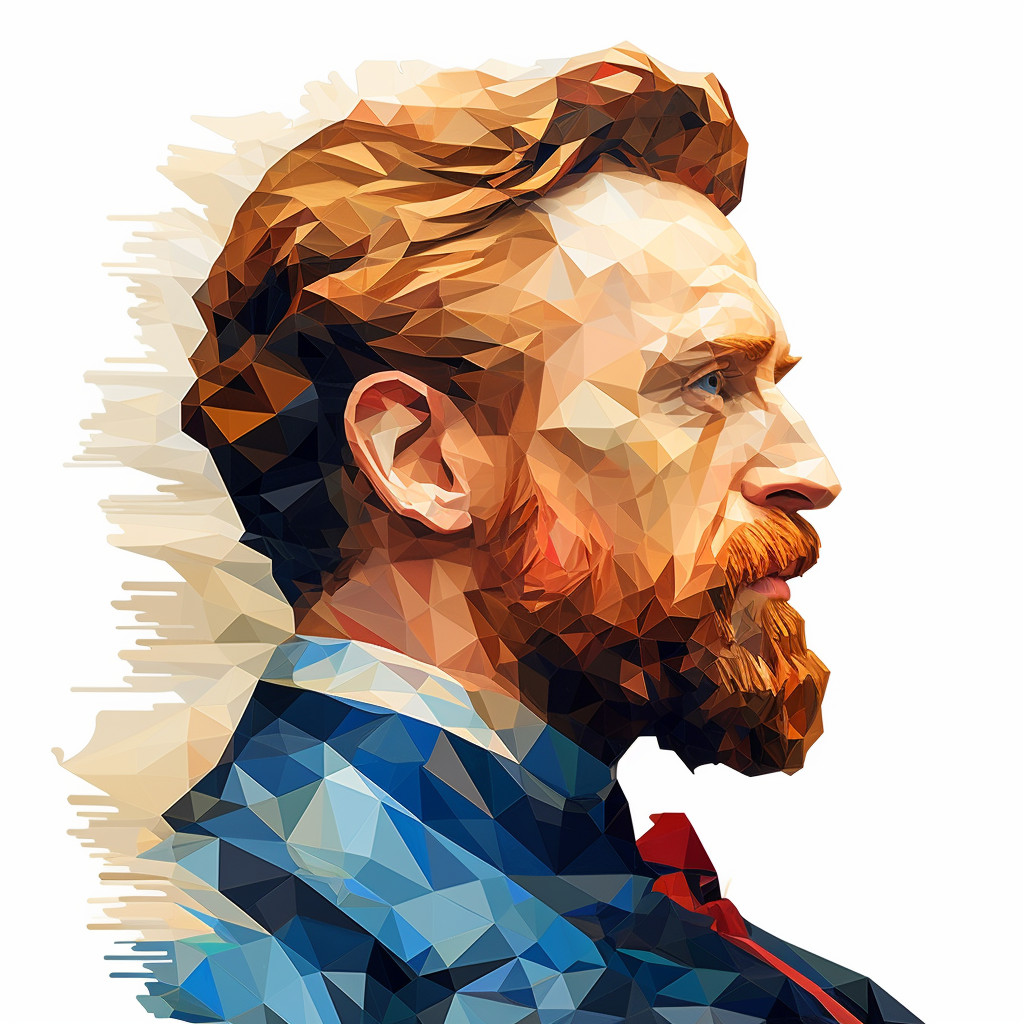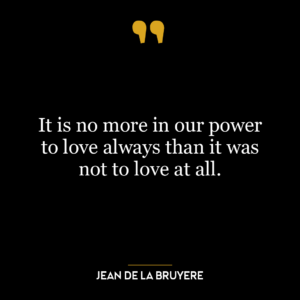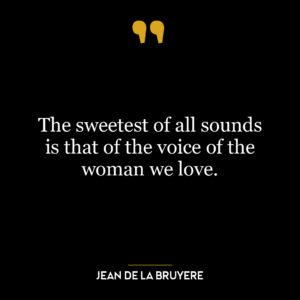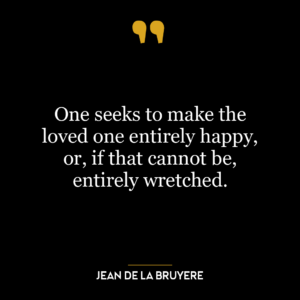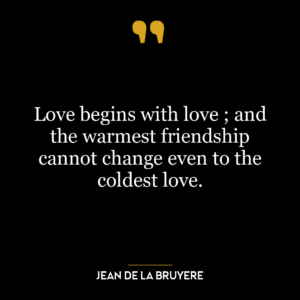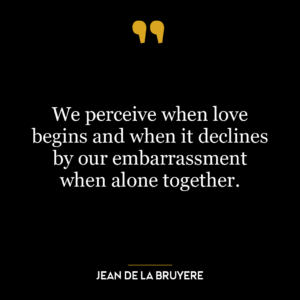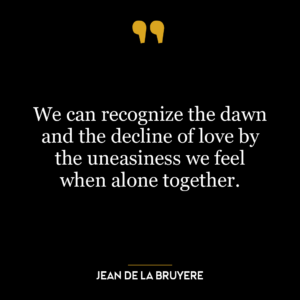This quote, “The best way to know God is to love many things,” suggests that the understanding of God or a higher power is not confined to religious or spiritual practices alone, but rather it can be achieved through the act of loving and appreciating the diversity and abundance of life. It implies that God or the divine essence can be found in all things, and by loving many things – people, animals, nature, art, ideas – we open ourselves up to experiencing that divinity.
The quote encourages us to see the world with a sense of wonder and appreciation, to acknowledge the beauty and value in everything, not just the things we personally prefer or agree with. This perspective broadens our understanding of life and helps us to connect with the divine on a deeper level.
This idea holds a lot of relevance in today’s world where division and polarization often seem to dominate. It encourages us to cultivate a sense of love and understanding towards people and things that are different from us, to find common ground and shared humanity. It challenges us to move beyond our comfort zones and biases, to embrace diversity and to learn from it.
In terms of personal development, this quote can be a guiding principle for nurturing empathy, openness, and inclusivity. By loving many things, we expose ourselves to a variety of experiences, perspectives, and ideas that can broaden our horizons and enrich our personal growth. We learn to appreciate the interconnectedness of all things and realize that every piece of the puzzle, no matter how small, has its place and value in the grand scheme of life. This can lead to a more holistic and balanced approach to life, where we learn to value every experience as an opportunity for growth and understanding.



